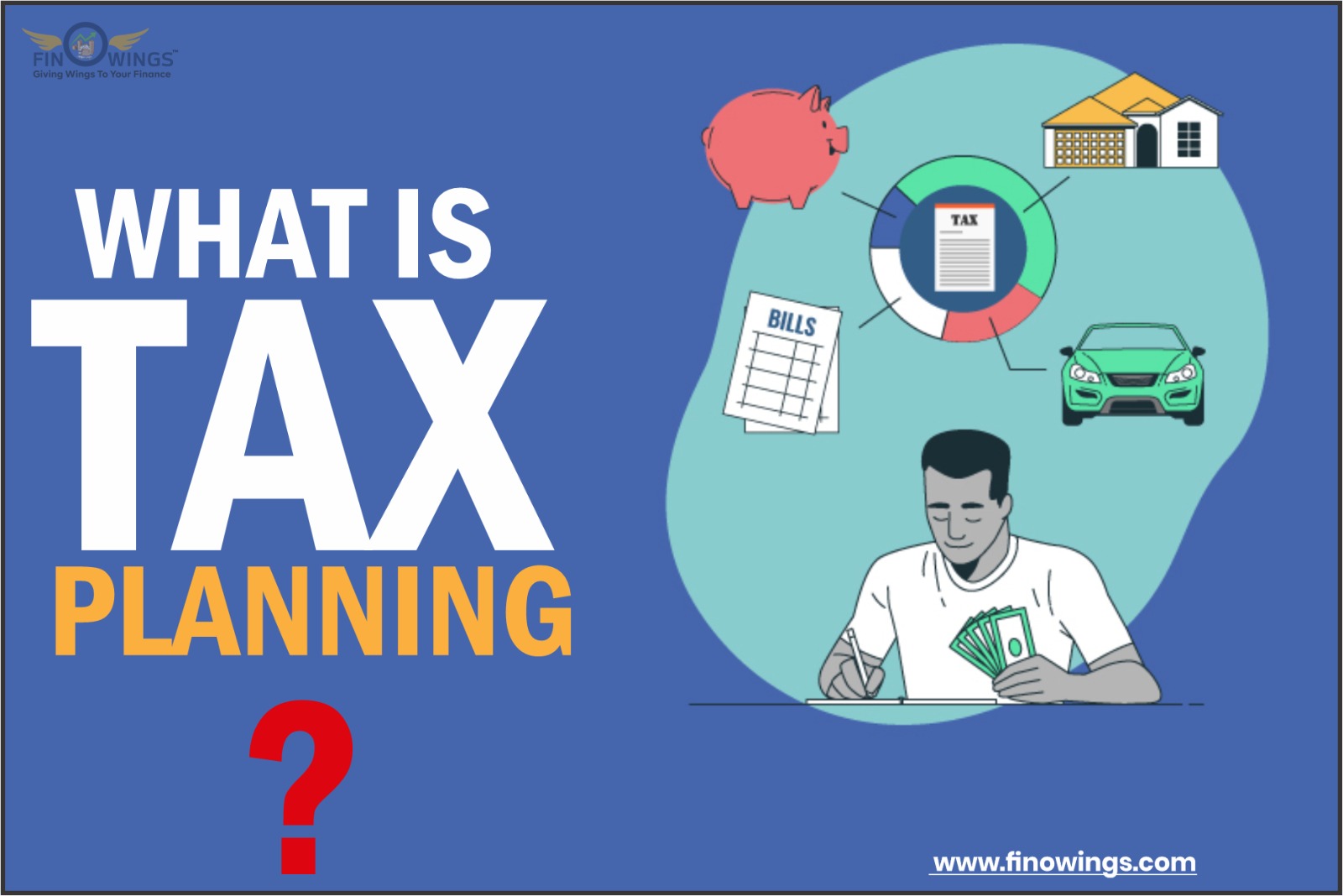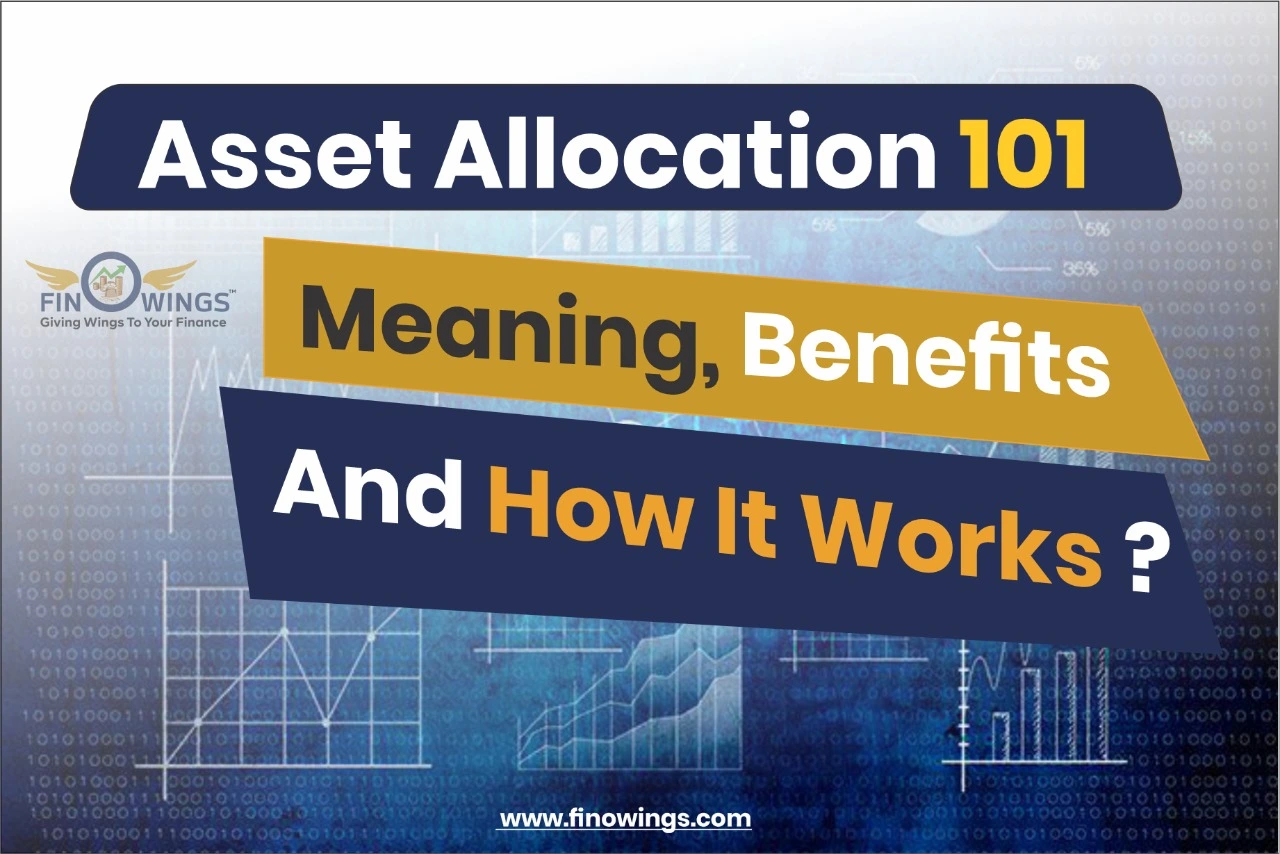Home >> Blog >> WHAT IS TAX PLANNING?
WHAT IS TAX PLANNING?

Table of Contents
Introduction
"In this world, nothing can be certain except death and taxes."
- Benjamin Franklin
Presently, these golden words could not be more accurate as taxes can significantly impact an investor's journey. Taxes reduce one's annual income; typically, the larger your income, the greater your tax burden. Therefore, inadequate tax planning can make a significant difference between our investment goals being met and not being met. Thus, for this reason, tax planning ought to be a key component of financial planning.
Meaning of Tax Planning
Tax planning is a practice where an individual evaluates his financial condition from the perspective of tax efficiency to reduce the burden of taxes without violation of the legal provisions by way of taking maximum advantage of all tax exemptions, deductions, rebates, allowances, other reliefs or benefits permitted under the Act.
Tax planning entails making financial and economic decisions to reduce the impact of taxes on the taxpayer. It seeks to lower one's tax payments by availing tax exemptions, refunds, deductions, and other benefits.
Instead of waiting until the very last minute, it is beneficial to start thinking about one's money and taxes from the beginning of the fiscal year.
The objective of Tax Planning
An important element of financial planning is "tax planning." All facets of the financial plan are put into place efficiently through proper tax planning. This leads to the distribution of taxable incomes into various investment opportunities to relieve the individual of tax liability. In addition, the investment amount after lock-in can be used to meet necessities and may also serve as a retirement fund. Hence, it can be said that reducing tax liability and achieving economic stability are the primary objectives of tax planning.
Tax Planning in India
In India, taxpayers have many schemes and options for saving on taxes. A number of exemptions and deductions are offered to taxpayers, which provides aid in lowering the overall tax burden on them. The sum of these deductions is deducted from the total tax due.
When tax planning is carried out within the restrictions imposed by the appropriate authorities, it is entirely legal and even prudent. However, it is forbidden to use dishonest means to avoid paying taxes, and it can incur fines & penalties. Therefore, tax evasion, avoidance, and planning are all strategies to save money on taxes.
Difference Between Tax- Planning, Avoidance & Evasion
|
S. No. |
Basis |
Tax Planning |
Tax Avoidance |
Tax Evasion
|
|
1 |
Meaning |
It is a way to reduce taxes by using beneficial provisions in tax laws through various exemptions, deductions, rebates and reliefs. |
It is a way to reduce taxes by bending the law without breaking it. |
It is a way to reduce taxes by deliberately suppressing income or over-stating expenditures, etc. |
|
2 |
Nature of act |
It is moral and legal in nature. |
It is immoral but legal in nature. |
It is immoral and illegal in nature. |
|
3 |
Treatment of law |
It takes the advantage gifted by law. |
It avails the loopholes in law but complies the provisions. |
It employes illegitimate means and violates the law. |
|
4 |
Practice |
It is a practice of tax saving. |
It is a practice of tax saving. |
It is a practice of tax concealment. |
|
5 |
Exercise |
It is done before the tax liability. |
It is done before the tax liability. |
It is done after the tax liability. |
|
6 |
Impact |
None |
If the tax rules are violated, penalty may be imposed. |
Fine/imprisonment or both |
Tax planning, tax avoidance, and tax evasion focus on minimizing tax liabilities. However, it is suggested that over the long term, tax planning is the logical, legal, and best way to save taxes and avoid any legal trouble that may result in a stringent punishment like a heavy fine, imprisonment, or both.
Considerations to be kept in mind
1. Planning should be done before income accrual. Planning carried out after accrual income is referred to as the application of income and may suggest fraud.
2. The source of income should be considered while tax planning.
3. The selection of a legal entity, i.e., a taxable entity. A company or a proprietorship concern can be used to do business.
4. The location of a business, undertaking, or division is also critical.
5. Residence status of an individual. To be recognized as NR in India, a person needs to plan their stay there accordingly.
6. Option to Purchase or Lease Assets Depreciation is permitted when assets are purchased, while lease rental is permitted as a deduction when assets are leased.
7. The choice of capital structure is equally important. The mixture of debt and equity funds should be balanced to maximize the return on investment and reduce tax liabilities. Interest on debt is allowed as a deduction; however, dividends on equity funds are not.
Does Tax Planning Hurt Govt. Revenue?
Although these lenient rules decrease the amount of money the government receives, they make up for the loss of tax income by directing savings and investments toward the economy's expansion. Taxpayers inject the savings from tax planning into the economy through savings and investments. So, the primary goal of the growth of an economy is achieved.
In conclusion
It is important to never underestimate the value of tax planning. Taxes are a crucial part of supporting the growth of a country, but it makes sense to take advantage of the options that the government has given us to lower our tax burden legally.

















